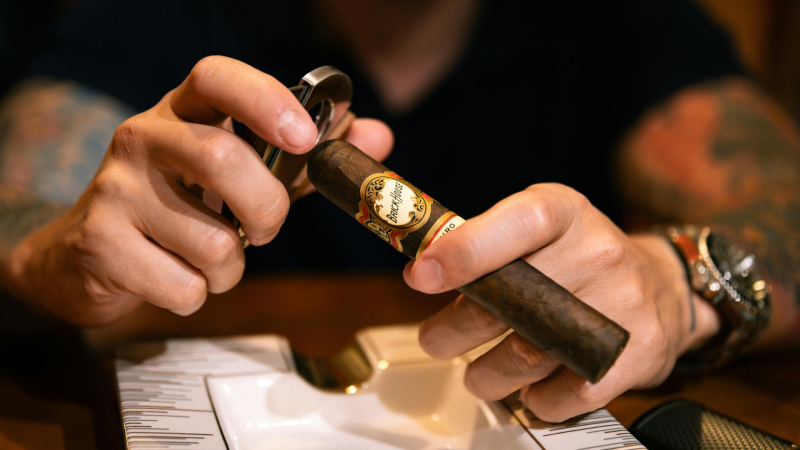Lawmakers are reigniting an effort this session at exempting cigar lounges from an early 2000s-era law banning smoking in most public places in the state. But the proposal is again facing stiff opposition from health-related groups, despite changes meant to allay concerns it would weaken the state’s smoke-free air law and cause regulatory confusion. Meanwhile, the Wisconsin Restaurant Associ...
Please log in to access subscriber content.
If you don't have a subscription, please contact schmies@wispolitics.com for subscription options on the WisPolitics-State Affairs platform, which is the new home for WisPolitics subscriber products.

